When The Beat editors asked which of their writers wanted to write about Comics-adjacent TV shows, I jumped on the opportunity to review Supergirl. There’s an earnestness to Supergirl that I find quite endearing. It’s an unapologetically feminist show; it cares about sisterhood, about surrogate families, about identity and respecting other’s differences. It’s about finding a place for oneself in a world that isn’t always as accepting as we’d like it to be.
It accomplishes all of this with an optimism and cheerfulness that is difficult to resist. It shreds the idea that a “mature” version of the classic superhero must be “dark and gritty” like her cousin’s last few outings on the big screen, and gives Supergirl a good heart and a cheery disposition that’s refreshing. It approaches the character and her world with a reverence that is quite outstanding.
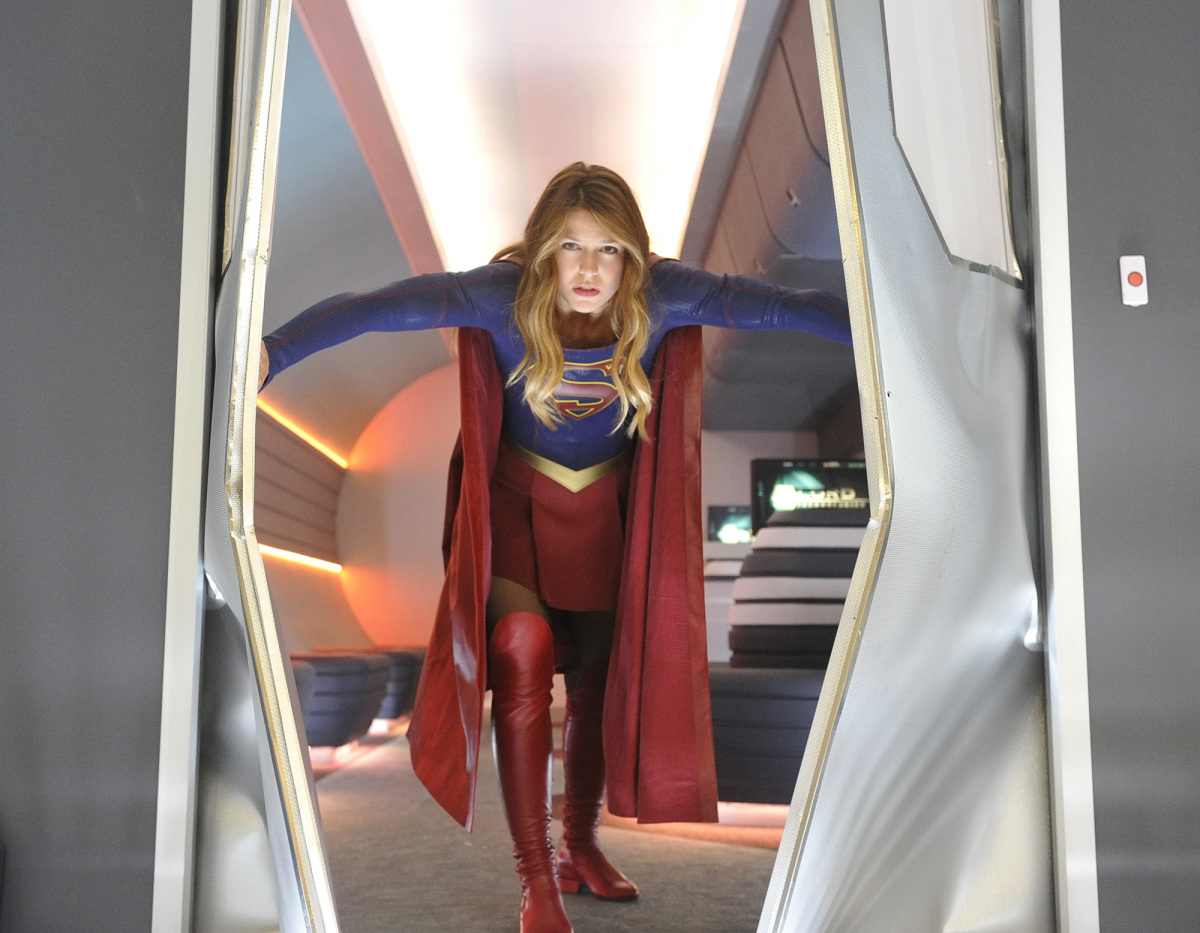
This is probably best exemplified by a few small moments from the show’s first season. In the seventh episode, “Human for a Day,” Supergirl (Melissa Benoist) has temporarily lost her powers and is feeling extremely down about it. She hasn’t felt this powerless since arriving on Earth. She talks with James Olsen (Mechad Brooks) and he reminds her about the importance of not giving up. That being a hero is about trying to do good. She witnesses an armed robbery in a bodega around the corner, and though she isn’t invincible anymore, she changes into her Supergirl costume and walks in to confront the robber. Bullets wouldn’t bounce on her if he shoots and she knows it, but she’s still going to try to stop him.
What follows is a powerful, emotional scene in which she talks down the robber, asking him to lower his gun. She stands tall and brave even as her hands shake and her voice cracks once or twice. She asks him to choose who he wants to be, to choose to be a better person. And he stands down and gives her his gun. It’s a powerful moment where in a single scene, Kara Zor-El reminds us that people are fundamentally good-hearted and that circumstances can make someone do things they regret, or would regret. She stands in front of an armed man, with only her wit and sense of hope, and changes the course of a person’s life.
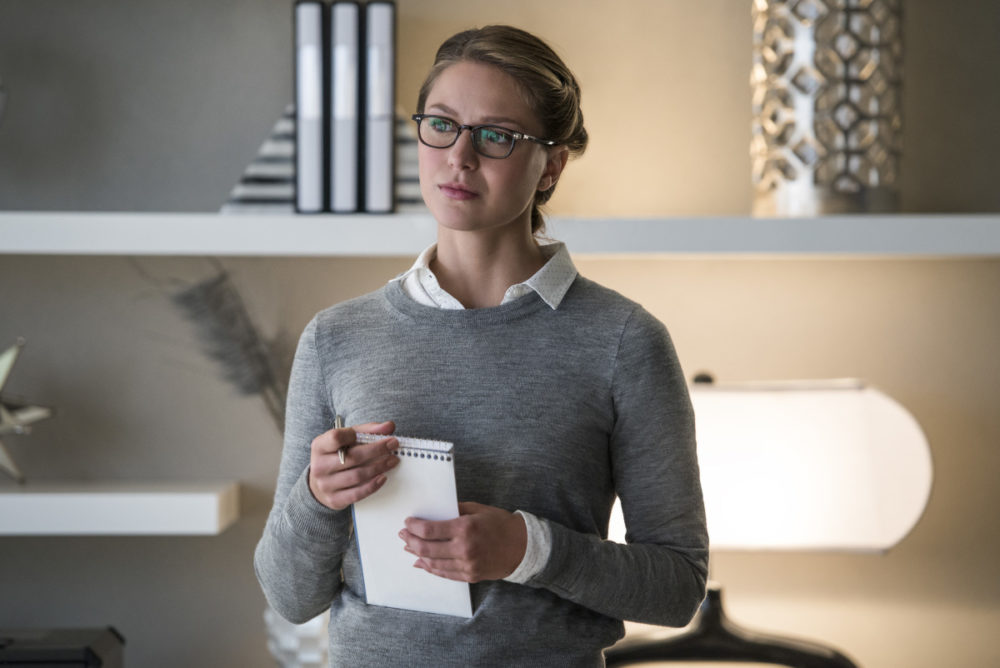
Another one of those moments comes late in the season with the character of Hank Henshaw (David Harewood). We begin the season seeing this tough as nail military expert who wants nothing more than to keep the peace. He’s a workaholic, but he also has a secret. Hank Henshaw is a front; his real name is J’onn J’onnzz, the green martian, last survivor of his race from the planet Mars and more commonly known as Martian Manhunter. He’s lost his family and eventually took the place of the real Hank Henshaw, an evil racist hotshot at the Department of Extra-normal Operations. He’s been hiding his true identity and keeping his protective eyes on Supergirl’s sister Alex Danvers (Chyler Leigh).
Hank Henshaw/J’onn J’onnzz realizes that while he has spent most of his time on Earth in hiding, afraid to reveal his true identity, he finally has people he cares about. He accepts his newfound family, rejects the pain from his past that prevented him from moving on and embraces the future. He’s coming out of the proverbial closet to embrace his identity fully. It’s an interesting arc for this character. It’s refreshing to see; Martian Manhunter is not in my opinion a particularly interesting character on his own, and giving him this story adds a lot of depth.
The premise of Supergirl is essentially that, much like her cousin Kal-El, Kara Zor-El was sent to Earth during the destruction of Krypton to take care of her younger cousin. Due to a bizarre time anomaly, she arrived on the planet long after Kal-El arrived on Earth and became the hero known as Superman. He took care of her, but wanted her to have a normal life. She was adopted by the Danvers family at his request and thus grew up with a normal family, hiding her power and learning how to be human. She took on a new name, Kara Danvers, much like Kal-El became Clark Kent.
We begin the TV series with Kara, now all grown up and working as an assistant to the CEO at CatCo Worldwide Media, a media conglomerate run by Cat Grant (Calista Flockhart). One day, her sister is traveling for work and her plane suffers from major technical failures and is going to crash. Kara decides it’s time for her to use her power to save her. Afterwards, she decides to use her power for good.
She begins working at the DEO and helps stop alien criminal whose space prison crashed on Earth. The season focuses on her learning how to use her abilities, becoming better as a hero, as a sister, as a friend and as a person. She also has to deal with multiple super villains and a plot by a surviving faction of Kryptonians led by her aunt General Astra In-En (Erica Durance) and a man known as Non (Chris Vance) as they aim to terraform Earth.
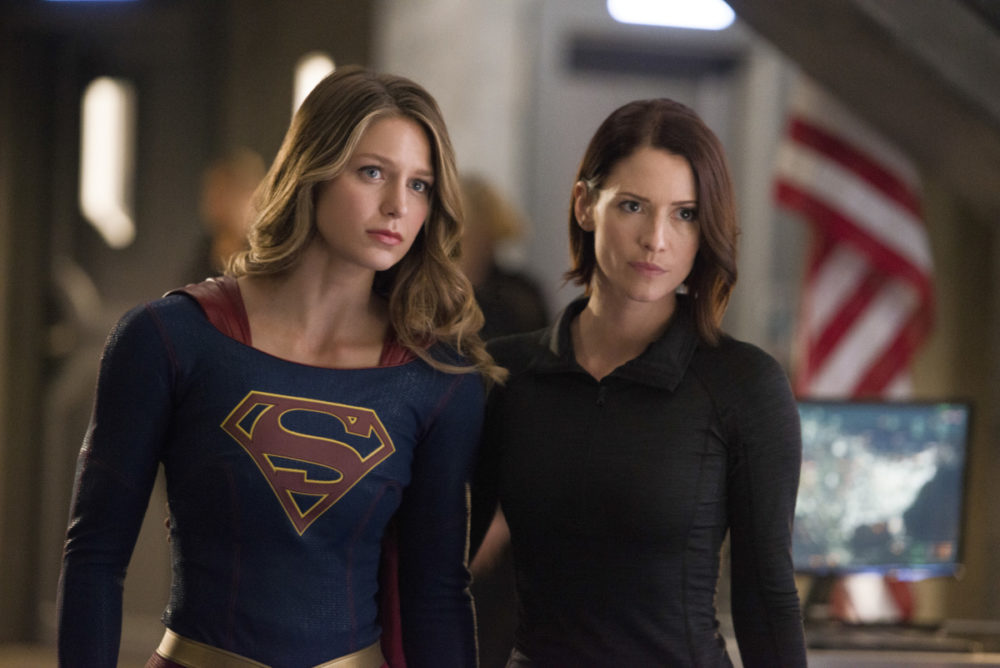
The best part of the series is Benoist and Leigh. The heart of the show resides in the relationship between Kara Zor-El and Alex Danvers and they both manage to sell it extremely well. The Danvers family (played by the original Supergirl Helen Slater and Dean Cain) essentially took in Kara at the request of Clark Kent so she could have a normal upbringing. She became really close with her new sister Alex. That relationship carries the whole show and it’s always charming to see how Leigh and Benoist interact with each other. Their story — which gradually evolved from one of distrust, jealousy and bickering, to one of genuine love and trust — is very heartwarming. There’s also a thematic bridge between Supergirl and her sister as Kara reveals her powers to the world to save Alex from a plane crash.
Another one of theses moments, and arguably the highlight of the first season, is the team-up between The Flash (Grant Gustin) and Supergirl. There is a delightful energy coming from the two actors. Kara and Barry are ecstatic to have found someone like themselves, who understands the difficulty of their line of work. There’s an immediate enthusiasm that is infectious.
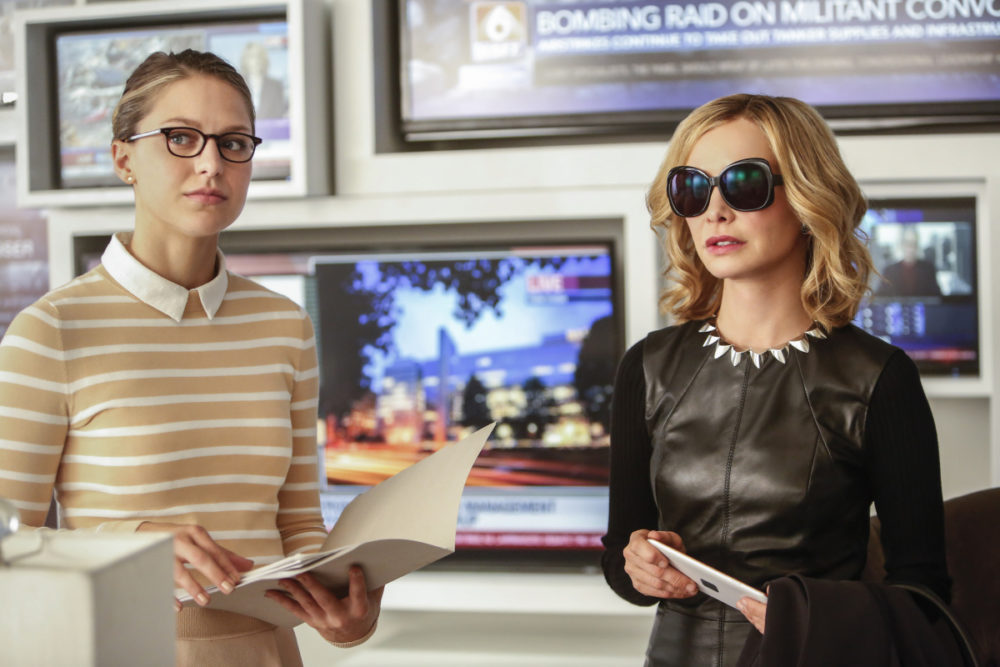
The team behind the show have also managed to work within the obvious limitation of a TV budget to create effects and costumes that mostly look great. Supergirl’s costume (designed by Academy Award Winner Colleen Atwood!) is an absolute highlight of the lot while Kara’s robotic AI opponent Indigo (Laura Vandervoort) might be the worst thing I’ve seen anybody wear on TV since Mimi Bobeck from the Drew Carey show (or Halle Berry’s Catwoman for the more comics-minded reader). Somehow, Indigo’s outfit is only topped in the awfulness department by the wig worn by Livewire (Brit Morgan), something that surprisingly gets worse as the seasons progress. The last thing I want when watching tv is being reminded of Samurai Cop.
Some of the outfits tend to be a bit bare-bones: the DEO agents are mostly just wearing black cargo pants and Old Navy basic black T-shirts and Winn Schott’s (Jeremy Jordan) outfit seems to be an endless array of plaid. Overall though, some of the costumes, such as Master Jailer and Reactron are perfectly acceptable and makes sense in that world. James Olsen and Cat Grant are always well-dressed too.
They came up with a clever way to circumvent the need for extensive effects by having Supergirl’s super-speed as a quick visual editing trick that essentially speeds up the action and cuts quickly to the next location while tracking the camera. It’s really effective. The wirework for Supergirl’s flight effect is also a highlight of the show. I was quite nervous about that going in, but it’s incredibly well done, even better than in one of my favourite campy movies of all time, Batman & Robin.
Revisiting this series is both a pleasure and a chore. It’s charming and hits the right amount of campy and corny. In spite of it, the dialog is often unsubtle, or perhaps clumsy would be more accurate. There is a frustrating lack of subtlety in the first season that can often feel like nails on a chalkboard, no matter your tolerance for the corny. It improves quite a bit throughout the season and, while it never reaches a level of sophistication I would hope, it becomes more endurable.
The plots are often predictable, which can sometimes make an episode feel less impactful than intended. Thankfully, the relationships grow and build during these more boring episodes. The love triangle sub-plot between Kara, James Olsen and Winn Schott was quite cringey. The biggest and strangest disappointment was how Supergirl’s cousin Kal-El/Superman is handled during that season. It made sense to keep Superman at bay to establish Supergirl independently of him, but the solution to simply show his boot, or having him send encouraging text messages, felt weird nonetheless.
Overall, Supergirl is a charming show. It is by no means a perfect show, but it is a fun, light-hearted romp that I keep recommending to friends and colleagues. There’s a quality to it that made me tune in every week as it aired, something I rarely do anymore. I was glad to revisit the first season.
We’ll be reviewing the new season as it airs. In the meantime, stay tuned for reviews of seasons two, three and four!


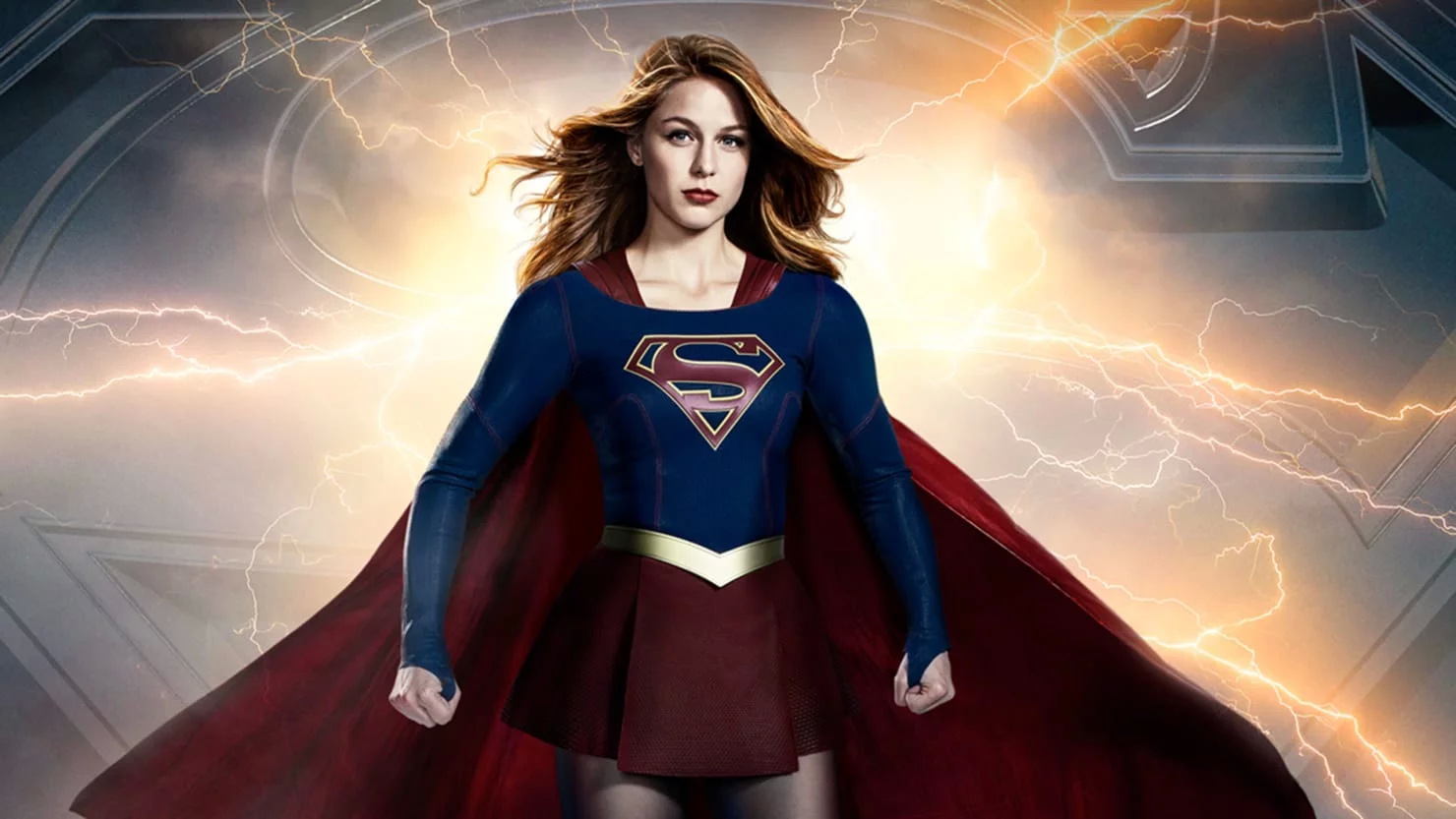
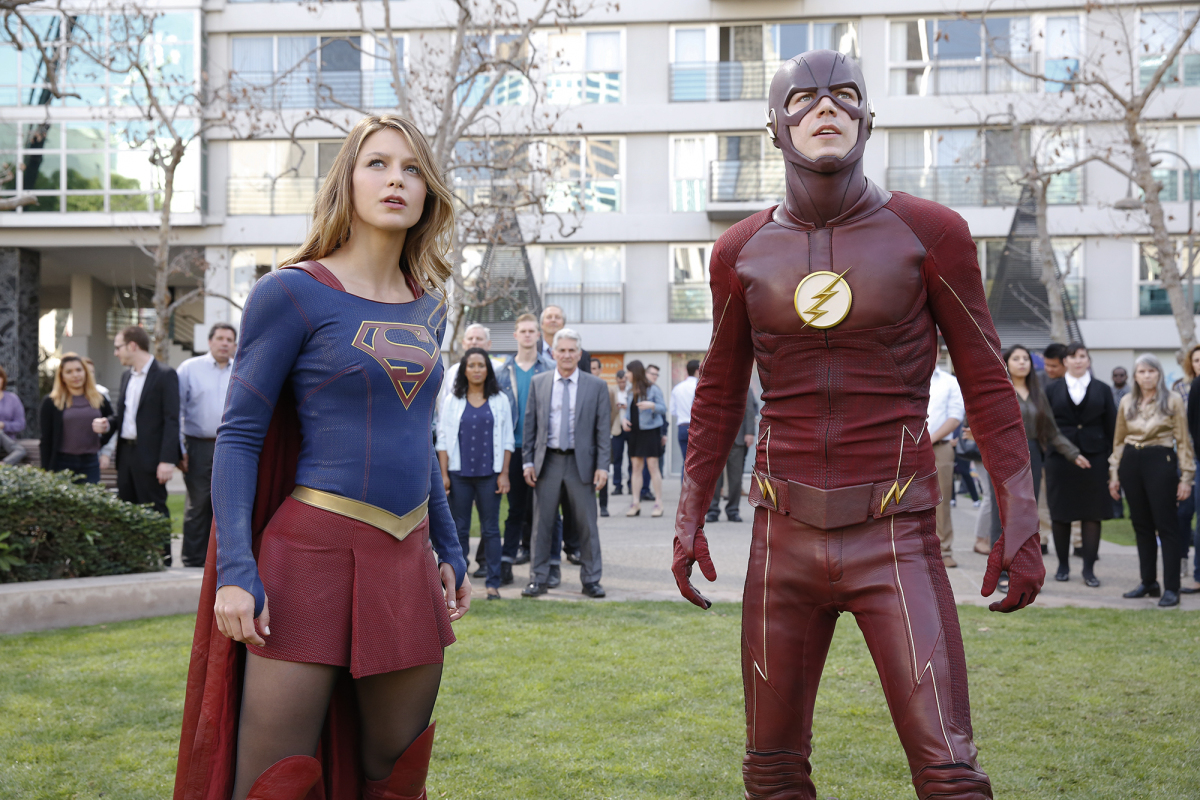
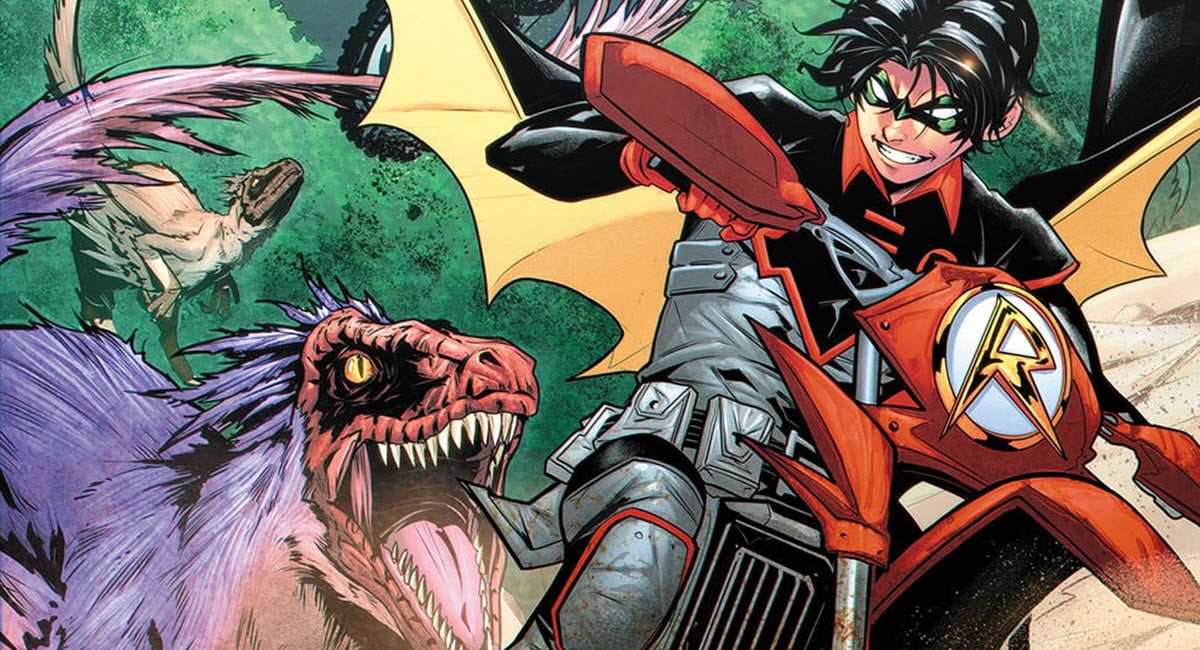
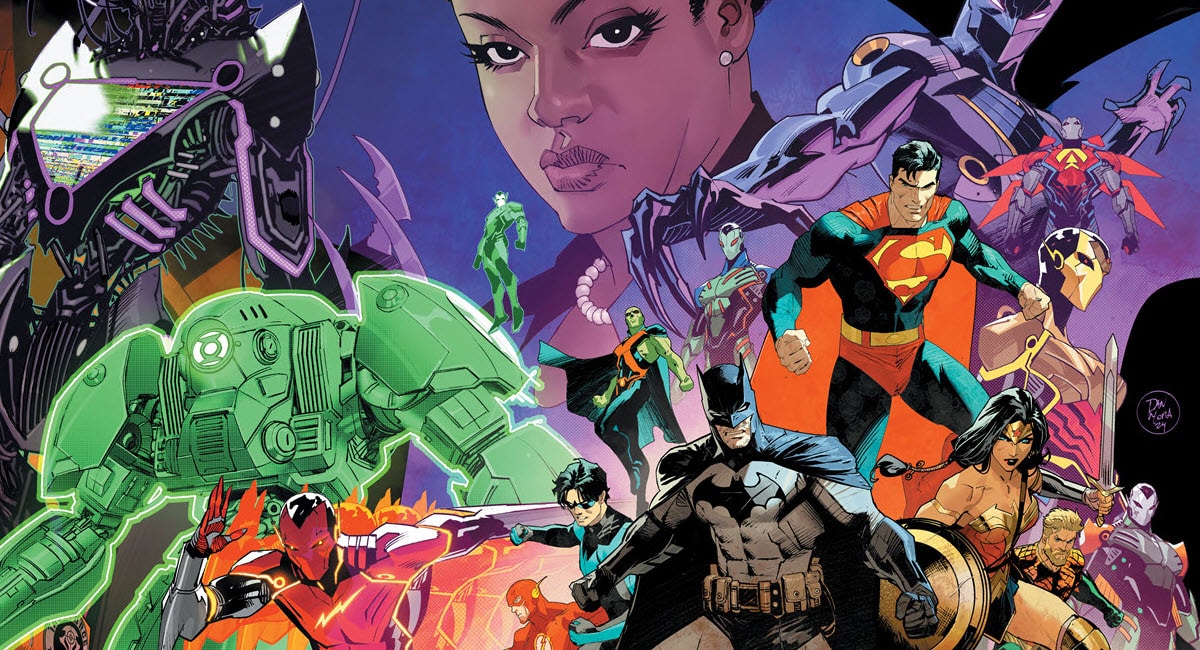
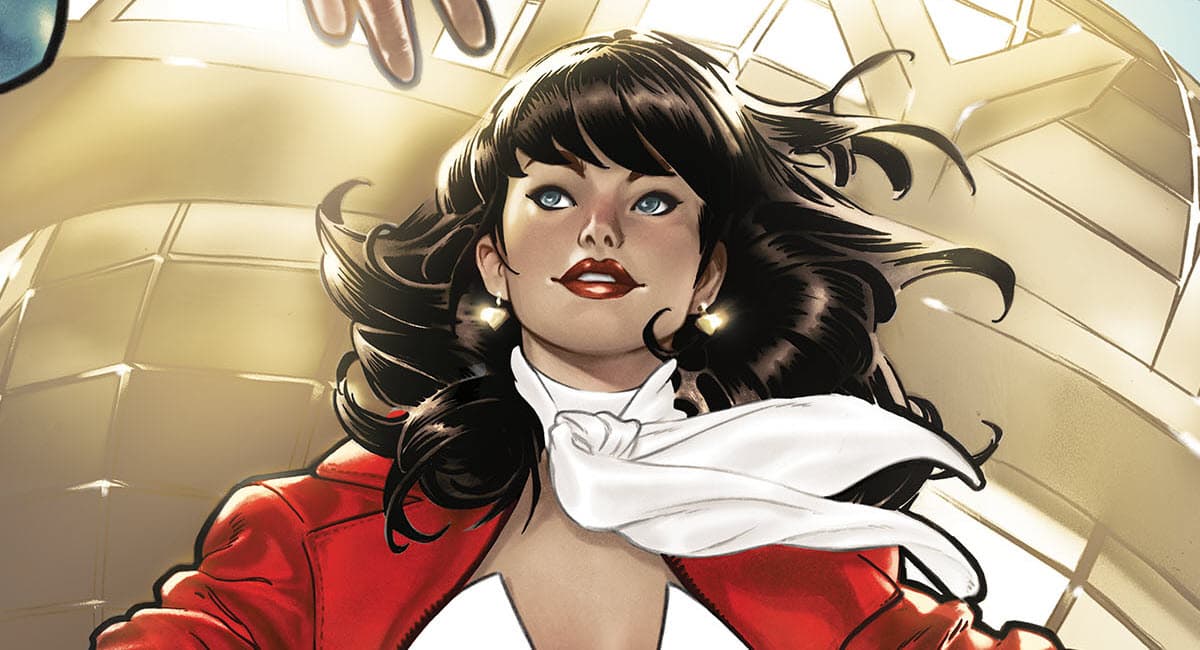



Wait, didn’t this come out like three years ago?
Yes, I’m doing season recaps in advance of the new season starting this October. Stay tuned for reviews of season 2, 3 and four in the next couple of weeks
You’ve confused Kara’s mother Alura with her twin sister General Astra In-En, who was married to Non. Laura Benanti played both roles of the twins. BTW, thanks for the recap.
You are absolutely correct, I confused the two. I’ve updated the article to reflect that. Thanks for pointing it out!
It’s not Astra In-En, it’s Astra In-Ze. Erica Durance never played Astra, just Alura and only in season 3 so far. Laura Benanti was Astra and Alura in season 1. She also played Alura as a hologram in an episode of season 2.
Comments are closed.